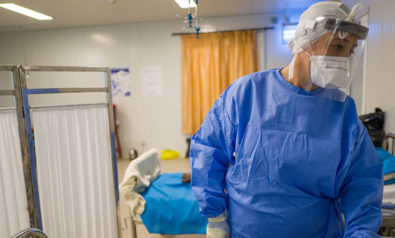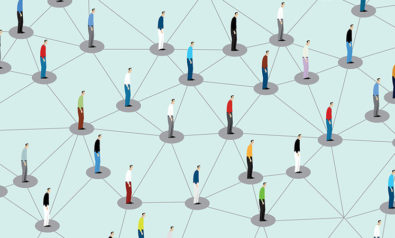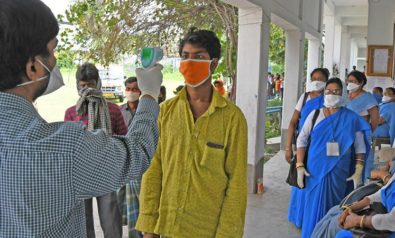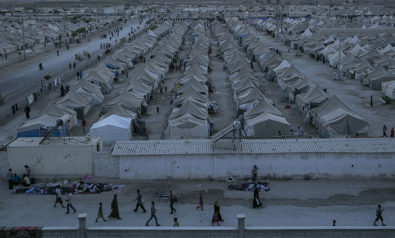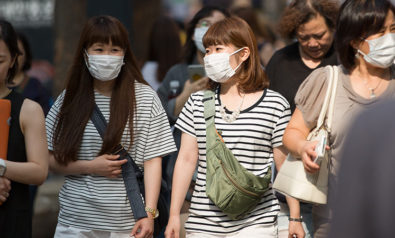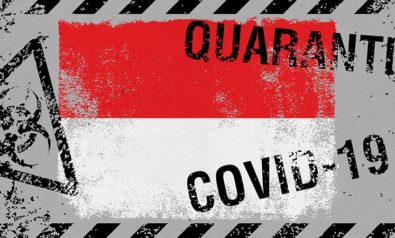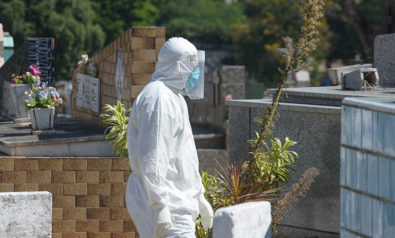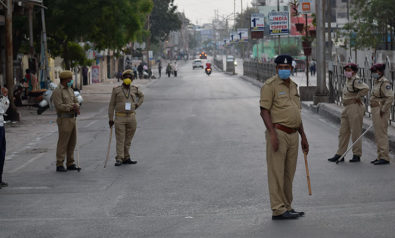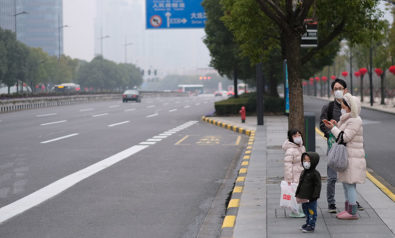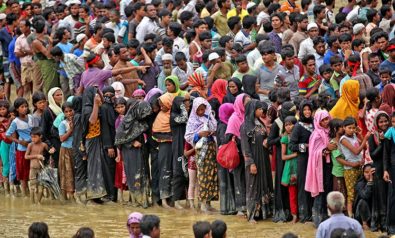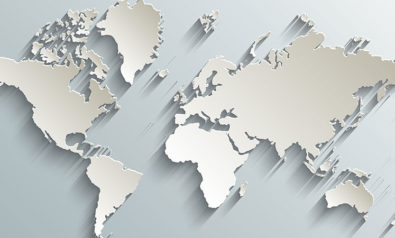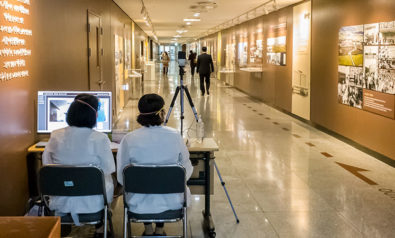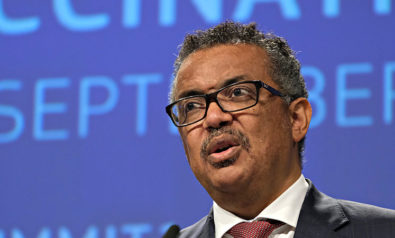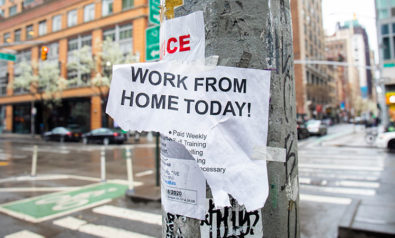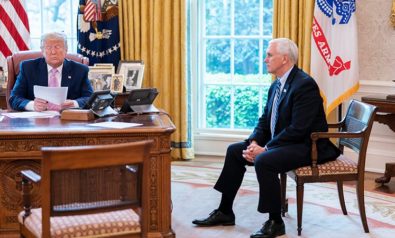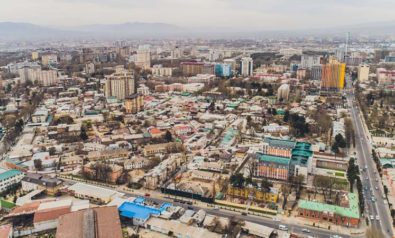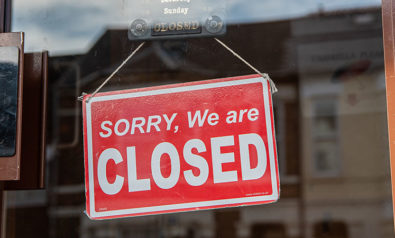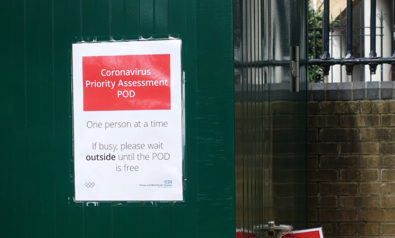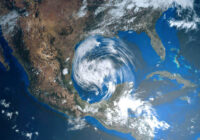When the COVID-19 disease began to spread in Europe, France and Germany prohibited the export of medical equipment, while Italy asked in vain for supplies of protective equipment under the EU Civil Protection Mechanism. Neither the European Centre for Disease Prevention and Control (ECDC) nor the member states of the EU themselves were aware of the available capacities of European health systems. The COVID-19 crisis has made the lack of European coordination crystal clear.
Consequently, there are many voices in favor of strengthening the ECDC. The EU agency supports member states by collecting, processing and analyzing data on disease outbreaks and through the surveillance and early detection of health risks. Currently, the agency is further developing its capacities for disease prevention, which also fall under its mandate.
360° Context: How Will COVID-19 Change Our World?
Ideally, the ECDC would support member states in collecting reliable health data while providing them with knowledge about the situations of their European neighbors. This would show how much protective equipment and health personnel are available in the respective member states and how much is presumably needed in case of a disease outbreak.
The European Union as well as the member states would benefit from a better overview of capacities and of the burden of disease in Europe. Acting in solidarity would become possible with a common database. In addition to strengthening the EU internally, it would also become more capable of acting as a partner worldwide. In cooperation with the World Health Organization’s (WHO) regional office for Europe, the ECDC could provide reliable and standardized data, thereby contributing to the global containment of pandemics.
Is the Criticism of the ECDC Justified?
This ideal situation is not yet in sight. The ECDC is, in particular, being criticized for its lack of visibility, support and misinterpretation. It is presumed, for instance, that the early warning and response system (EWRS) operated by the ECDC did not work properly, which is why the risk of infection by COVID-19 was still being assessed as “low to moderate” at the end of February. Furthermore, the laboratory capacities for diagnosing the disease in the countries had been misjudged. All this criticism ignores, however, that the ECDC can only accurately assess the situation if member states submit their data properly and in a timely manner.
That said, the agency does not yet possess any regulative powers and cannot oblige the countries to collect and transmit the necessary data. Moreover, the ECDC is neither staffed nor funded sufficiently to effectively coordinate and harmonize health data.
Let’s put it in perspective. Whereas the US Centers for Disease Control and Prevention employed 10,796 and had a budget of $8.25 billion in 2018, the ECDC only employed 271 and had around €58 million ($65 million) at its disposal in that same year. The COVID-19 outbreak has opened a long-known wound. Member states have not adequately provided the ECDC with the skills and resources to fulfill its mandate. This must change.
Harmonize and Expand Data Collection
In the future, the ECDC should be able to ensure that member states transmit high-quality and reliable data to the agency. To do this, it must first be given an appropriate mandate. The agency should then focus on developing monitoring mechanisms to ensure reliable and consistent data. It must be able to transmit this data to the WHO in a timely and seamless manner. The digital infrastructure must, therefore, be compatible with WHO data collection practices.
Apart from communicable diseases, data collection should also include non-communicable diseases such as cancer and cases of antimicrobial resistance. This would not only be in line with the European Commission’s current health policy priorities, but it would also establish the links between communicable diseases such as COVID-19 and non-communicable diseases or levels of antimicrobial resistance in Europe.
In addition to disease-specific data that is already collected centrally and is of particular importance in the COVID-19 pandemic, the ECDC should also pay more attention to data on the capacities of national health systems. This would enable the ECDC to better fulfill its mandate of disease prevention and promote the resilience of European health systems — an interest probably shared by all member states of the EU.
Resources as the Key to Performance
Strengthening the ECDC in those areas has to be accompanied by an increase in resources. Staff is needed at three levels. First, on the part of national public health institutes such as the Robert Koch Institute in Germany, the contact points responsible for communicating with the ECDC need to be sufficiently equipped. Second, increasing the core staff of the ECDC is essential to enable the agency to set norms and standards for data collection based on its own expertise; this has to be done in collaboration with the WHO European Regional Office. Finally, the ECDC needs intermediaries to communicate with each member state and to ensure that they fulfill their obligations.
Financial support is needed for the expansion of data systems and capacity-building in disease prevention. With the revised EU budget for 2020, the ECDC has been allocated a further €3.6 million to deal with COVID-19. But the new EU budget should allocate more money to the ECDC, not only for acute crisis management, but also for disease prevention and the strengthening of health systems.
Upgrading the ECDC into a central information point for health in the EU will provide the basis for a common European health policy. Germany should use its forthcoming EU presidency to initiate deeper integration in the health sector as well as the strengthening of the ECDC. German Health Minister Jens Spahn’s push for a European health data area is already setting the right tone.
*[This article was originally published by the German Institute for International and Security Affairs (SWP). SWP advises the German government and Bundestag on all questions related to foreign and security policy.]
The views expressed in this article are the author’s own and do not necessarily reflect Fair Observer’s editorial policy.
Support Fair Observer
We rely on your support for our independence, diversity and quality.
For more than 10 years, Fair Observer has been free, fair and independent. No billionaire owns us, no advertisers control us. We are a reader-supported nonprofit. Unlike many other publications, we keep our content free for readers regardless of where they live or whether they can afford to pay. We have no paywalls and no ads.
In the post-truth era of fake news, echo chambers and filter bubbles, we publish a plurality of perspectives from around the world. Anyone can publish with us, but everyone goes through a rigorous editorial process. So, you get fact-checked, well-reasoned content instead of noise.
We publish 2,500+ voices from 90+ countries. We also conduct education and training programs
on subjects ranging from digital media and journalism to writing and critical thinking. This
doesn’t come cheap. Servers, editors, trainers and web developers cost
money.
Please consider supporting us on a regular basis as a recurring donor or a
sustaining member.
Will you support FO’s journalism?
We rely on your support for our independence, diversity and quality.



